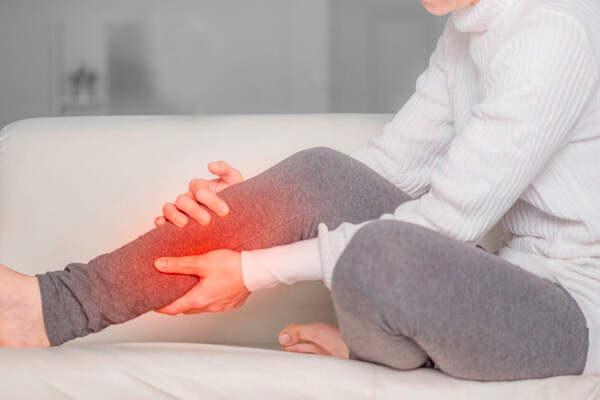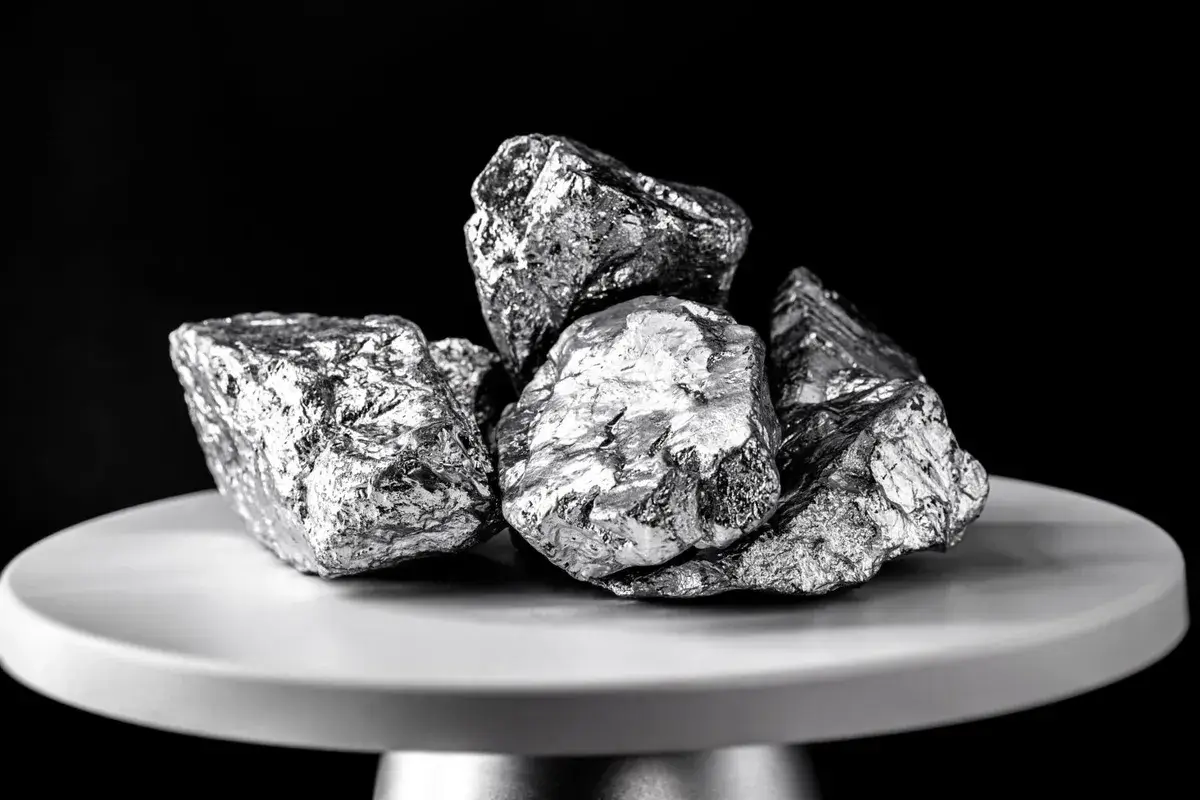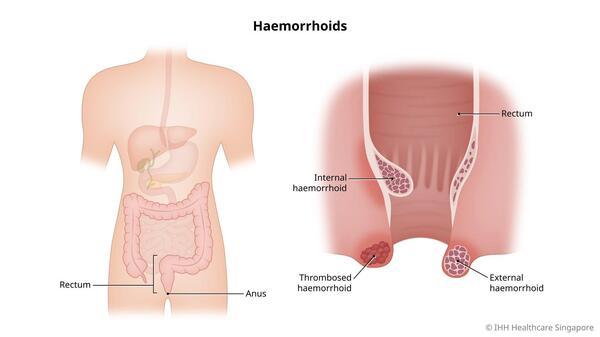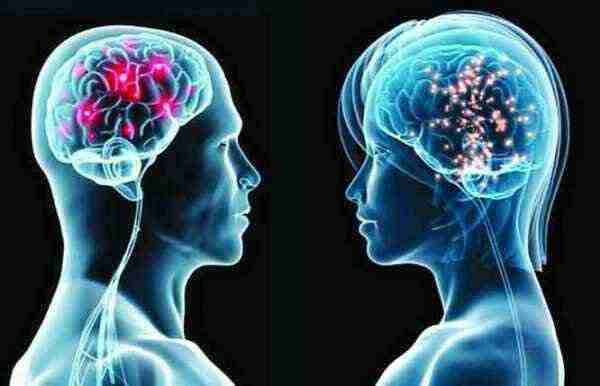What to do if you experience leg cramps or tension while sleeping?

Ira is suddenly awakened by severe pain almost every night. She feels severe pain and a pulling sensation in her leg muscles. It is almost impossible to move her leg. After a while, the pain gradually subsides. Ira can't figure out what is causing this and what can be the solution? Do you also have this problem of leg muscles twitching or pulling while sleeping?
A muscle cramp, also known as a “muscle cramp,” is a common but not serious physical condition. It is characterized by a sudden, intense pain and stiffness in the leg muscles during sleep. The pain is usually worse at night and can disrupt sleep.
What kind of symptoms are there?
Some common symptoms of leg cramps or tension during sleep include:
Sudden pain: Sudden, severe pain occurs in the lower leg or heel.
Muscle stiffness: There is a sudden feeling of stiffness in the muscles, especially in the calf muscles or thigh muscles.
Transient pain: Pain usually lasts from a few seconds to a few minutes.
Pain recurs: Sometimes pain can return even after the strain has gone away.
Visible muscle contraction: When a muscle is strained, the affected muscle may visibly contract, which can be seen from the outside.
What causes this pain?
The exact cause of leg cramps or tension during sleep is not yet known, but some factors have been identified. For example:
1. Water and Electrolyte Imbalance: Lack of water and electrolytes (such as sodium, potassium, calcium, and magnesium) in the body can cause muscle cramps. Electrolyte imbalance affects nerve and muscle function.
2. Physical fatigue: Standing for long periods of time or excessive exercise causes muscle fatigue, which can later cause leg muscle tension during sleep.
3. Effects of certain medications: Some medications, such as diuretics (used as diuretics), cause excess water and salt to be removed from the body, resulting in electrolyte imbalance.
4. Pregnancy: Muscle cramps are very common during late pregnancy. This is due to the extra weight you carry, hormonal changes, and electrolyte imbalances.
5. Age: As you age, muscles become weaker and the risk of cramps increases.
6. Unhealthy lifestyle: Low water intake, irregular eating habits, and lack of exercise exacerbate such problems.
7. Excessive cold or heat: Changes in environmental temperature or failure to maintain the correct temperature can cause muscle contractions and spasms.
8. Injury or inflammation: Any physical injury or inflammation can disrupt the proper functioning of the muscles. Then this type of pain/tension can occur.
9. Some specific diseases: This problem can occur frequently if you have thyroid problems, anemia, or diabetes .
Is there any treatment for this problem?
If you experience leg cramps while sleeping, taking some immediate steps can help relieve the pain and discomfort:
Massage: Gently massage the affected area with your hands. This will help relieve muscle spasms.
Straightening your legs: Try to pull your toes in towards you and hold them. This can help reduce muscle tension.
Hot or cold compresses: Hot or cold compresses can help relieve muscle spasms.
Drink water: If cramps are caused by a lack of water or electrolytes in the body, it is important to drink adequate amounts of water and replenish electrolyte deficiencies.
Exercise: Try some simple exercises to relieve muscle tension. This will help reduce pain or muscle tension.
What to do to get rid of pain?
This problem can be easily prevented by following some rules to get rid of muscle spasms during sleep.
Drink water regularly: Maintaining the body's water balance is very important. Drinking enough water daily maintains the electrolyte balance in the body and prevents muscle cramps.
Eat a nutritious diet: Eating a balanced diet, especially foods rich in potassium, magnesium, and calcium , such as bananas, spinach, nuts, etc., improves muscle performance.
Exercise: Regular leg stretching exercises help in proper muscle extension and increase strength. It keeps the muscles healthy and reduces cramps.
Adequate rest: You should take adequate rest to avoid physical fatigue and excessive stress.
Use the right shoes: Uncomfortable shoes put pressure on the feet. Comfortable shoes that provide proper support should be worn.
Medication: If a specific medication is causing muscle spasms, that medication can be changed or reduced with the advice of a doctor.
Multivitamin Supplements: Vitamin and mineral supplements can be taken regularly to increase muscle performance, but this must be done as per the doctor's advice.
Leg cramps during sleep are a common problem. Although not serious, they can be very annoying. Taking the right preventive measures can help you get rid of this problem. Eating a nutritious diet, exercising regularly, drinking enough water, and following a healthy lifestyle can help you get rid of this problem.
Written by Mahmuda Akhter Rosy,
Geriatric Physiotherapist
Photo - Shutterstock








